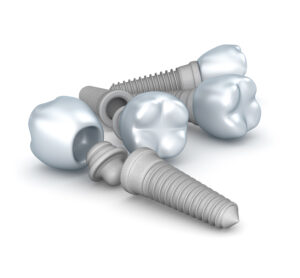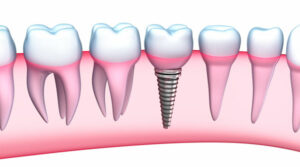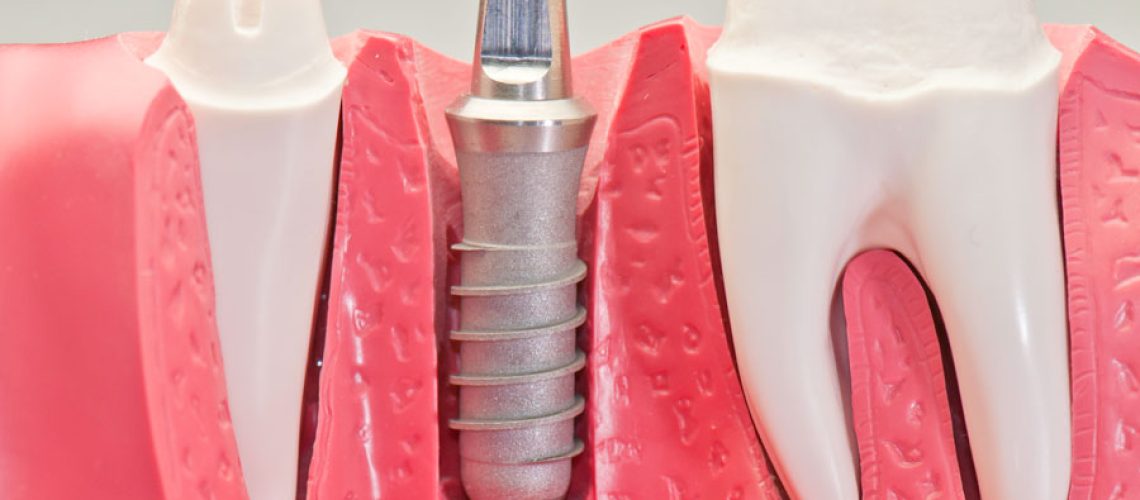 When you lose a tooth, the gum tissue and bone surrounding the socket begins to degenerate. This is a natural process that happens following tooth loss, and it can cause problems if you ever want to get dental implants.
When you lose a tooth, the gum tissue and bone surrounding the socket begins to degenerate. This is a natural process that happens following tooth loss, and it can cause problems if you ever want to get dental implants.
If too much gum tissue and jaw bone has degenerated, there won’t be enough integrity to properly support an implant. This is especially true in cases of severe bone loss. In these cases, a bone graft can be used to restore some of the lost tissue and allow for successful dental implants.
At Elite Smiles, we specialize in providing the dental implants Mesa AZ residents can rely on. Learn more on the implant process and how we can work with bone loss.
How Bone Grafts Works
Bone grafting is a surgical procedure that involves taking bone from one area of the mouth and placing it in the area where bone has been lost. This can be done using bone from another area of the mouth, or it can be done using artificial bone.
The grafting procedure is usually done using local anesthesia, which numbs the area where the surgery will be performed. Once the area is numb, your oral surgeon will make an incision in the gum tissue and place the bone graft material in the area where bone has been lost. The grafted area will then be covered with a collagen membrane or another type of barrier to protect it as it heals.
After the bone grafting procedure, you will likely need to take antibiotics and pain medication to help manage any discomfort. It is important to follow your oral surgeon’s instructions carefully during the healing process to ensure proper healing. Most patients can expect the bone grafting site to take a few months to fully heal.
Contact our Mesa dentists for more information on bone grafting.
Installing Your Dental Implants

Once the bone graft has healed, you can then move forward with dental implant surgery. The implant posts will be placed into the grafted area of bone and allowed to fuse with the surrounding bone tissue. This process, known as osseointegration, can take a few months to complete.
After the implant posts have fused with the bone, your oral surgeon can then attach the abutment, which is a small connector piece. Once the abutment is in place, your new tooth, or teeth, can be attached.
Caring for Your Dental Implants
Once your dental implants are in place, it is important to take care of them just as you would your natural teeth. This means brushing and flossing regularly, as well as visiting your dentist for routine checkups and cleanings.
You might be wondering, How long do dental implants last? A: a very long time with proper care.
If you have any questions or concerns about dental implants, be sure to talk to your oral surgeon. They will be able to answer any questions you may have and help you decide if dental implants are right for you.
What Are the Benefits of Dental Implants?

Dental implants offer a number of benefits over other tooth replacement options. With dental implants, you can:
- Replace one or more missing teeth without affecting neighboring teeth.
- Improve your speech. With poor-fitting dentures, the teeth can slip within the mouth causing you to mumble or slur your words. Dental implants will give you the confidence to speak clearly.
- Eat comfortably. Sliding dentures can make chewing difficult. Dental implants allow you to bite and chew naturally.
- Smile with confidence. Dental implants look and feel like your natural teeth, allowing you to smile with confidence.
- Improve your oral health. Unlike bridges, dental implants do not rely on neighboring teeth for support. This means that dental implants can help to preserve the health of the surrounding teeth.
- Feel more confident about your appearance. Dental implants can give you back your smile and help you feel better about yourself.
Dental implants are a great way to improve your oral health and confidence. If you are considering dental implant treatment, be sure to speak with your dentist to see if it is right for you.


